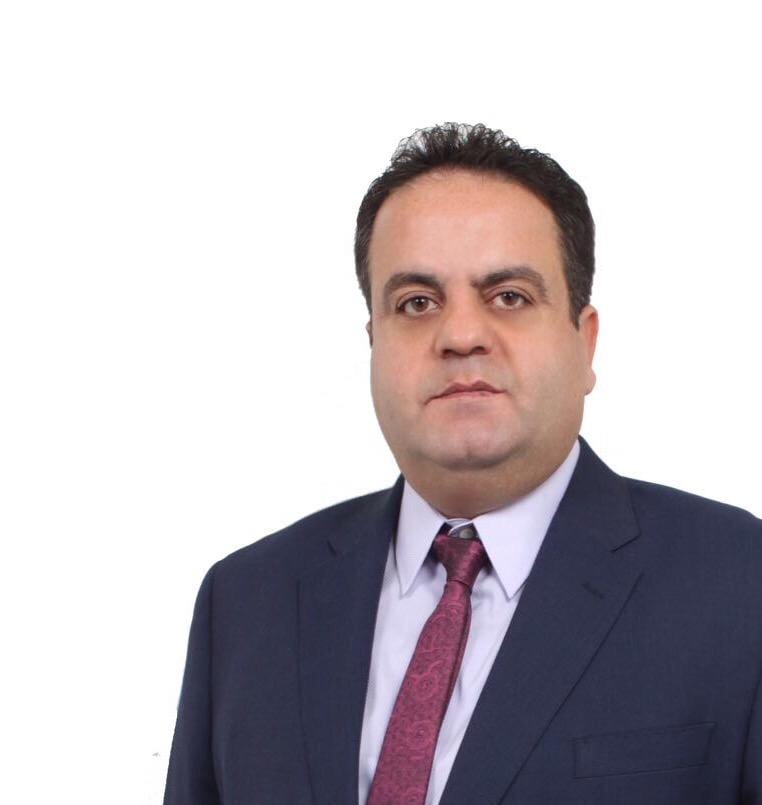Ever since the establishment of the International Criminal Court (ICC) and the enactment of the Rome Statute on 1 July 2002, Israel and its ally the United States have been making every effort to discredit it. From the onset, the two countries felt threatened and refused to endorse the statute.
Their campaign against the ICC intensified when the office of the court’s chief prosecutor expressed its readiness to investigate crimes perpetrated by US troops in Afghanistan and Israeli forces in occupied Palestine. Under Donald Trump, Washington imposed sanctions on court members while Israel waged a smear campaign. In response, more than 70 Rome Statute member states affirmed their support for the ICC and expressed objections to the sanctions.
Israel and the US, of course, imposed sanctions on the Palestinian Authority when it decided to join the ICC and refer all the crimes perpetrated in Palestine as of 13 June 2014 to the court.
It took the prosecutor’s office five years to conclude that all the specifications stated within the Rome Statute apply to the crimes in occupied Palestine. However, Chief Prosecutor Fatou Bensouda asked the Pre-Trial Chamber to determine the court’s regional jurisdictional range before launching an official investigation.
Israel seized the opportunity and submitted through its supporters, such as Australia, Austria, Germany and Uganda, objections to the Pre-Trial Chamber claiming that the ICC had no jurisdiction over crimes perpetrated within Palestine because Palestine is not a state. After nearly a year of discussions, Israel was hit by a decision confirming the ICC’s jurisdiction over crimes perpetrated in Palestine within the 4 June 1967 borders, including Jerusalem.
Report: New ICC prosecutor might go ahead in suing Israel
Prime Minister Benjamin Netanyahu rejected this decision and accused the court of being a political rather than a legal institution. He launched a diplomatic campaign against it, in which the US was at the forefront of a few countries that issued statements denouncing the court’s decision.
Altogether, it took the court six years to give the green light for an official investigation into these crimes. This is a long time compared with other cases where crimes were perpetrated in Africa. It is known that investigations should begin as soon as possible while evidence and witnesses are still available and not tampered with, and so that justice can be served without delay, providing a deterrent for others. It now looks as if the investigation will take many more months, because Bensouda’s term in office comes to an end in June, when her replacement takes over.
However, waiting for the new Chief Prosecutor, British barrister and Queen’s Counsel Karim Khan, to take over has no legal basis and is illogical. The incumbent chief prosecutor is still in office and there is nothing to stop the prosecution committee from declaring the launch of official investigations into crimes in the occupied Palestinian territories.
It must be stressed that an investigation relies on objective criteria present after the preliminary investigation and the decision by the Pre-Trial Chamber confirming the court’s jurisdiction. It is not a matter linked to the identity of the prosecutor as Israel claims.

ICC ruling brings hope for Palestine, dismay for Israel – Cartoon [Sabaaneh/MiddleEastMonitor]
This points to a new Israeli strategy in dealing with the ICC and implies that Israel is certain that Khan will obstruct the investigation under any pretext, and simply allow Israeli “justice” to take its course. This would be unconvincing, because the Israeli judiciary has been shown time and time again to be incapable of bringing to justice the perpetrators of war crimes and crimes against humanity. The legal system in Israel has shown its contempt for international law by granting its own “legitimacy” on illegal settlements in the occupied Palestinian territories.
READ: Israel begins international campaign to stop ICC probe
Khan’s mission is neither complicated nor difficult provided that he adheres to the Rome Statute and the decision of the Pre-Trial Chamber and does not succumb to pressure from Israel and its allies. What is required of him is impartiality, and not to favour one party over the other as Israel wants, because it dreads the consequences of a balanced investigation.
Moreover, any party which claims that the new ICC prosecutor is on their side and supports their cause fails to understand the function of such an important international judicial institution. As is true of democratic states, it is essential for the judiciary to be entirely separate from the executive and the legislature at an international level. The ICC must not be subject to undue influence by politicians and diplomats.
What we know about Karim Khan QC is that he believes in the ICC’s mission and is a staunch defender of its independence. He has a strong reputation within international circles as someone who is firmly behind international law. His many posts have earned him the reputation of a fair judge. This was significant in his election as ICC chief prosecutor.
We are not in the business of praising or criticising the new prosecutor. We are only describing the reality. The message to Israel and its allies is simple: Keep your hands and tongues away from the ICC. If you do not fear justice, then there is no need for your attacks on the court’s integrity and impartiality. It is about time that justice is served in occupied Palestine.
The views expressed in this article belong to the author and do not necessarily reflect the editorial policy of Middle East Monitor.

![ICC new chief prosecutor Karim Khan (R) during a press conference in Nairobi on March 13, 2013 [TONY KARUMBA/AFP via Getty Images]](https://i0.wp.com/www.middleeastmonitor.com/wp-content/uploads/2021/02/GettyImages-163599981.jpg?fit=920%2C632&ssl=1)







